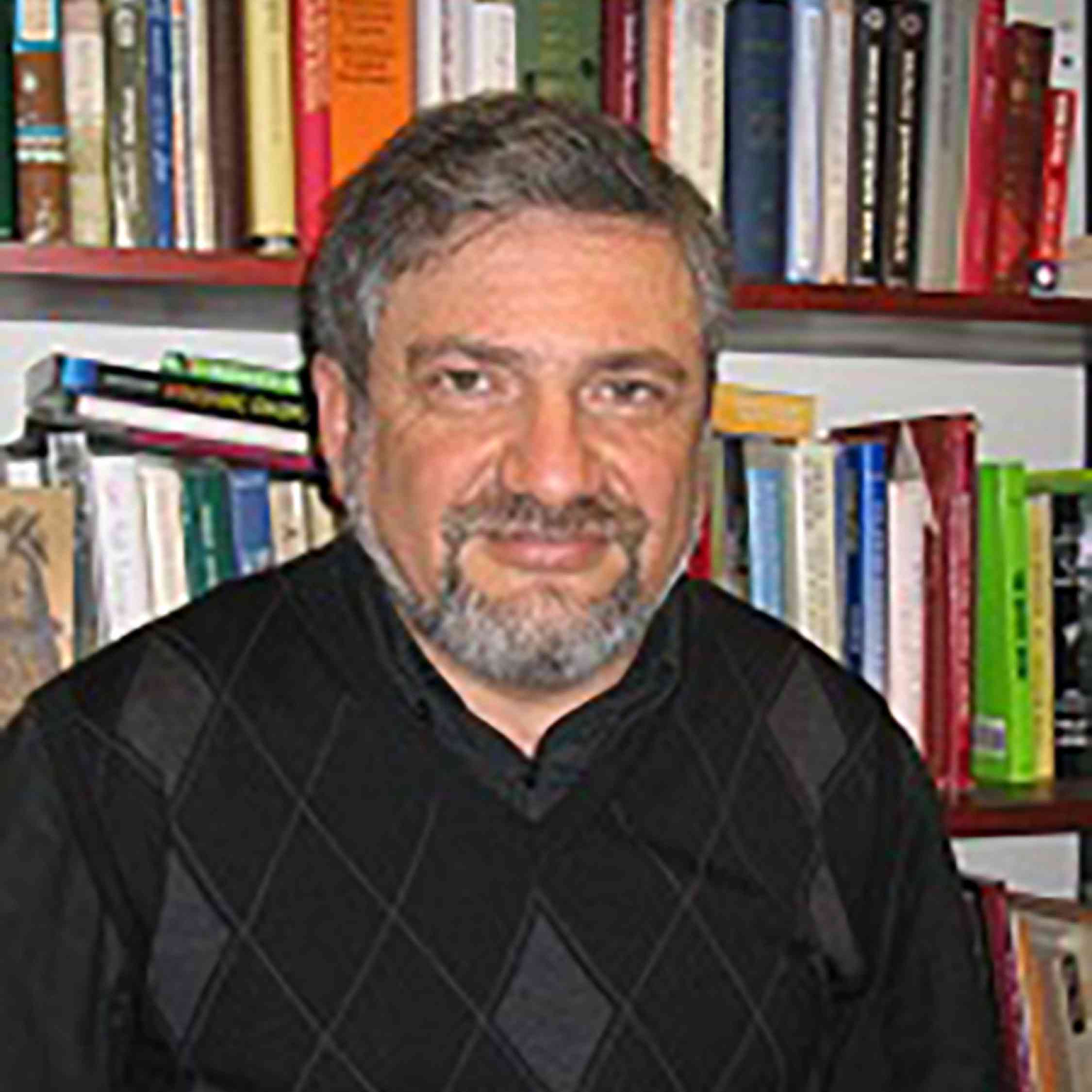Kyiv and Kharkiv – Two Centers of Yiddish Culture, 1917-1941

|
Yiddish Civilization Lecture Series
Admission: Free |
Gennady Estraikh | Delivered in Yiddish.
After the 1917 revolution, Kyiv became the capital city of independent Ukraine and appeared as the most significant center of Yiddish culture in the Sovietized areas of the former Russian Empire. The Yiddish Kultur-Lige (Culture League), established in post-revolutionary Kyiv, had scores of branches in Ukraine and was replicated in several other countries. Its aim was to promote the development of all spheres of contemporary Yiddish culture, including education, literature, theater, art, and music.
In 1919, the Soviet regime punished Kyiv for serving as independent Ukraine’s capital, establishing Kharkiv as its capital instead. Kharkiv served as Soviet Ukraine’s capital until 1934. Kyiv’s loss of capital status caused outmigration of activists of Yiddish culture to Kharkiv. Kharkiv’s newly-established periodicals and publishing houses provided openings in journalism and other writing jobs for the Yiddish activists. The city’s 80,000 Jews, mostly recent in-migrants, made up about a fifth of the city’s population, turning Kharkiv into a vibrant population and cultural center of Jewish life.
Still, not a few activists had chosen to stay in Kyiv, whose 140,000 Jews formed over a quarter of the resident population in the mid-1920s. In Kyiv, several components of the Kultur-Lige had been regimented by the state and as such continued to function, including the publishing house Kultur-Lige, which produced the highest number of Yiddish books in the Soviet Union of the 1920s.
The lecture will discuss the overall creation of Yiddish culture during this time and the “division of labor” between the two major Ukrainian cities.
View further reading for the lecture.
About the Speaker
Born in Zaporizhzhia, Ukraine, Gennady Estraikh later lived in Moscow, where he turned to writing in Yiddish and worked as Managing Editor of the Yiddish literary journal Sovetish Heymland (Soviet Homeland) from 1988 to 1991. In 1991-2002, he lived in England, where he worked at the Oxford-based Institute of Yiddish Studies and the London University’s School of Oriental and African Studies. In 1996, he received his doctorate from the University of Oxford. His fields of expertise are Jewish intellectual history, Yiddish language and literature, and Soviet Jewish history. His publications include Intensive Yiddish (Oxford, 1996), Soviet Yiddish: Language Planning and Linguistic Development (Oxford, 1999), In Harness: Yiddish Writers’ Romance with Communism (Syracuse University Press, 2005), Yiddish in the Cold War (Oxford: Legenda, 2008), Yiddish Literary Life in Moscow, 1917-1991 (St. Petersburg: European University Press, 2016, in Russian), Yiddish Culture in Ukraine (Kyiv: Dukh i Litera, 2016, in Ukrainian), Transatlantic Russian Jewishness: Ideological Voyages of the Yiddish Daily Forverts in the First Half of the Twentieth Century (Boston, 2020), fifteen co-edited scholarly volumes, and several books in Yiddish.




